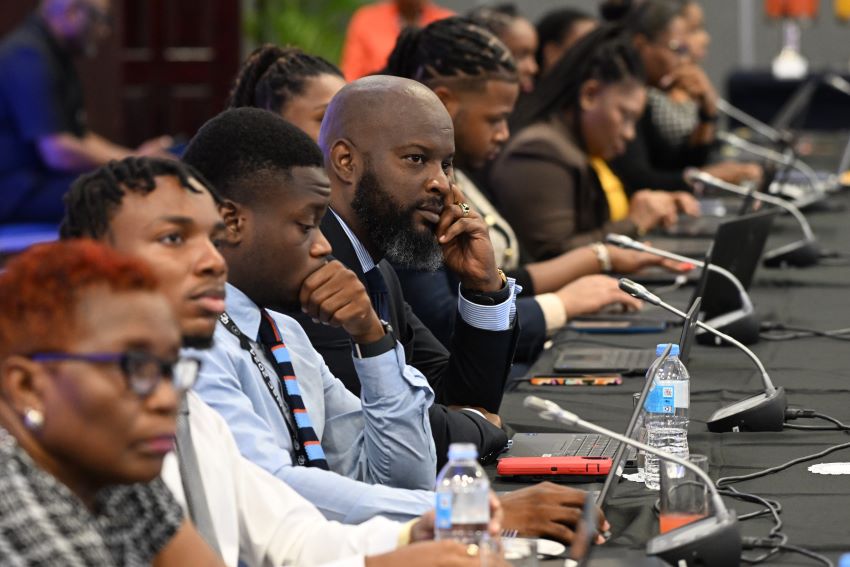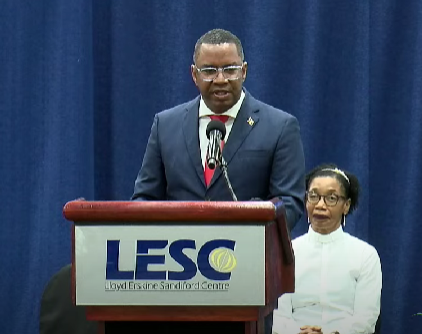55th Annual Monetary Studies Conference: Addressing Unique Economic Challenges in the Caribbean with Research-Based Solutions

Governor of the Central Bank of Barbados emphasizes the importance of research in addressing economic challenges faced by Caribbean economies at the 55th Annual Monetary Studies Conference. Discussions focus on driving economic resilience amid regional crises.
Governor of the Central Bank of Barbados Dr Kevin Greenidge opened the 55th Annual Monetary Studies Conference on Wednesday stressing that solutions for the unique challenges faced by Caribbean economies must be guided by research.
Economists, central bankers, and policy leaders have convened at the Lloyd Erskine Sandiford Centre for the three-day event that is dedicated to exploring the role of research in driving economic resilience amid multiple regional crises, being held under the theme, Macroeconomic Management in an Era of Polycrises.
“Climate vulnerabilities, price shocks, public health crises, and economic instability all call for rigorous research to guide policy-making,” Greenidge told the audience. “Through our research, we can solve our own unique problems, unlock sustainable growth, and build resilience against future crises.”
Highlighting the economic challenges facing the region, such as high debt, low productivity, and limited fiscal space, he added: “The Caribbean’s economic future requires innovative, research-driven solutions.”
The central bank governor cited successful global examples of poverty alleviation and growth through targeted employment policies in countries like Vietnam, Indonesia, and Malaysia.
Greenidge further acknowledged the ongoing challenges of limited data access, under-resourced institutions, and the regional brain drain, which he said hinder effective policy-making.
However, he said, these challenges should not deter economists from delivering impactful solutions, stating, “Caribbean economic research is not just an academic exercise; it’s the key to unlocking sustainable growth and reducing inequality.”
Greenidge encouraged economists to prioritise “actionable insights that address real barriers”.
Over the next three days of the conference, there will be sessions on data accessibility, resilience-building investments, and frameworks to foster inter-regional economic cooperation.
Researchers are expected to share data-driven strategies for growth and discuss how to better engage Caribbean citizens in economic processes.
Greenidge said the conference is a call to action for Caribbean economists to push forward with innovative, long-term strategies that will anchor the region’s economic resilience.


